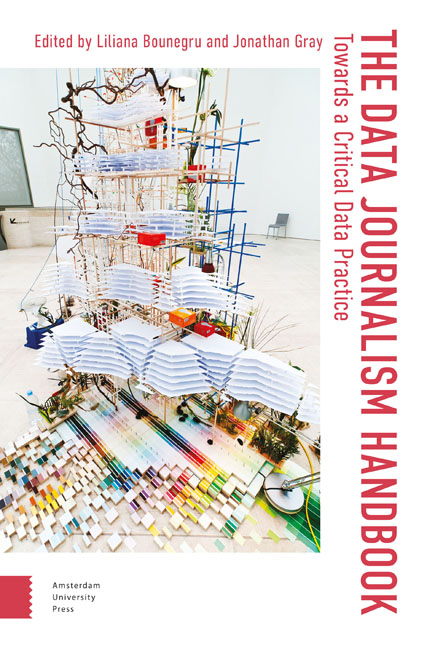53 - What Is Data Journalism For? Cash, Clicks, and Cut and Trys
Summary
Abstract
The financial incentives and the unintended consequences of commercial data journalism are addressed.
Keywords: journalism, datafication, misinformation, political economy, elections, experimentation
The daily refreshing of FiveThirtyEight's interactive 2016 election map forecasts was all but ritual among my fellow Washingtonians, from politicians to journalists to students to government workers and beyond. Some of this ilk favoured The New York Times’ Upshot poll aggregator; the more odds-minded of them, Real Clear Politics, and those with more exotic tastes turned to The Guardian's US election coverage. For these serial refreshers, all was and would be right with the world so long as the odds were ever in Hillary Clinton's favour in the US presidential election's version of the Hunger Games, the bigger the spread, the better.
We know how this story ends. Nate Silver's map, even going into election day, had Hillary Clinton likely to win by 71.4%. Perhaps it's due time to get over the 2016 US election, and after all, obsession with election maps is perhaps a particularly American pastime, due to the regular cycle of national elections—although that is not to say that a worldwide audience is not also paying attention (N. P. Lewis & Waters, 2018). But until link rot destroys the map, it is there, still haunting journalists and Clinton supporters alike, providing fodder for Republicans to remind their foes that the “lamestream media” is “fake news.” Politics aside, the 2016 US presidential election should not be forgotten by data journalists: Even if the quantification was correct to anyone's best knowledge, the failures in mapping and visualization have become one more tool through which to dismantle journalists’ claim to epistemic authority (or more simply, their claim to be “authorized knowers”).
Yes, it is unfair to conflate data journalism with electoral prediction—it certainly is far more than that, particularly from a global vantage point, but it sometimes seems that this is what data journalism's ultimate contribution looks like: Endless maps, clickable charts, calculators prone to user error, oversimplification, and marginalization regardless of the rigor of the computation and statistical prowess that produced them.
- Type
- Chapter
- Information
- The Data Journalism HandbookTowards A Critical Data Practice, pp. 397 - 404Publisher: Amsterdam University PressPrint publication year: 2021
- 1
- Cited by

